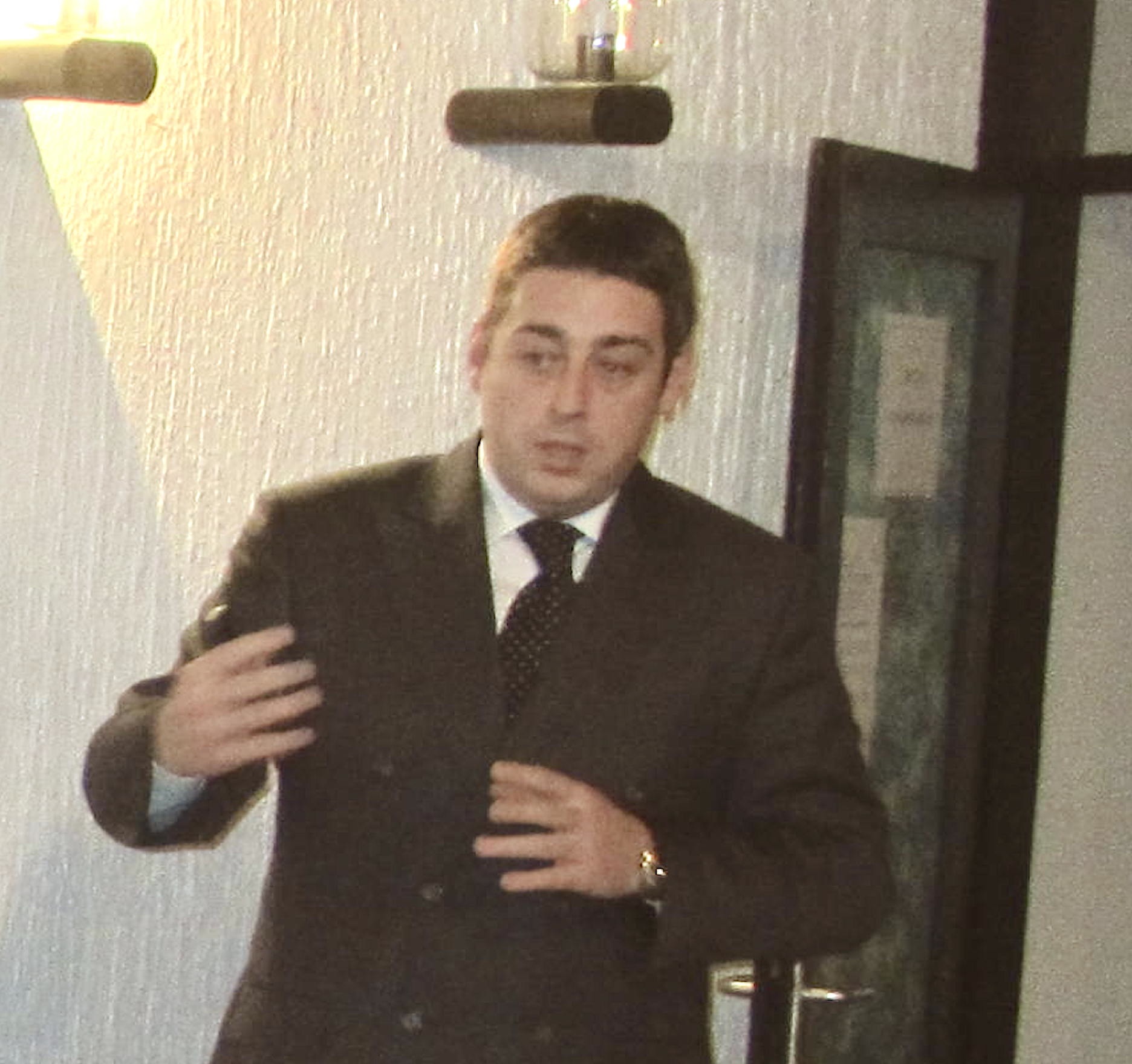An Interview with Marko Vujošević of Wolff & Stein
By Julia Foresman
 There are a number of changes afoot throughout the Balkan legal markets, including widespread privatization changes. What’s trending in Belgrade? Can you discuss the new privatization law that extends enforcement ban over companies under restructuring?
There are a number of changes afoot throughout the Balkan legal markets, including widespread privatization changes. What’s trending in Belgrade? Can you discuss the new privatization law that extends enforcement ban over companies under restructuring?
The new privatization Law is trying to correct the shortcomings of the previous law from 2001 after 13 years of practice. Essentially the basic principles of that law remain the same. The new Law on privatization was adopted, as a “Lex specialis”, which means that all its provision shall prevail in regards to the other laws. The main objective is to privatize 584 state-owned or socially owned enterprises. The law provides four models of privatization: the sale of equity, sale of assets, strategic partnership and transfer of equity free of charge.
The new law provides two methods of privatization: public collection of bids with subsequent public bidding and public collection of bids. The restructuring problem is quite broad and goes beyond the scope of business. It has a social connotation because 168 companies that are restructuring employ around 50,000 people. For that reasons it is necessary to extend the period of privatization for these companies in order to minimize the social impact of inevitable layoffs.
In the annual ranking report on doing business internationally published by the IMF and the World Bank, Serbia’s rankings dropped on most measures. How is the business community reacting to that? Is the new government responding?
The crucial problem and challenge for the Serbian economy is the procedure. A very slow procedure is a vast problem for attracting direct foreign investments. When we say procedure we mean legal proceedings in front of courts and governmental bodies. The slowness of the courts and government bodies has the big influence on potential investors who are very careful in analyzing the possibility of investing in Serbia.
On the other hand, the new Serbian government is doing everything to improve the legal framework for investment. Excellent examples are investments from the UAE such as Air Serbia, Al Rafaed, etc. Also state willingness to create a good legal environment for investments is also clearly visible in relation with the Belgrade Waterfront project with the company Eagle Hills (The daughter company of Emar properties from UAE). In fact, in just a few months, the Serbian government has adopted all the legal documents necessary for the implementation of the project and whose adoption we expected for many years.
Two Serbian free zones, Pirot and Zrenjanin, ranked on the list of 50 most attractive zones for foreign direct investments in the world. What is a free zone? How are they beneficial for Serbia?
The main purpose of the establishment of free zones is to attract foreign investment. The free zone is an industrial area where the state is providing to the potential investor land and full support for building a factory or establishing a business that will employ a new workforce. As an additional benefit for companies to streamline their operations, many municipalities offer the possibility of operating within designated industrial zones. Such zones offer advantages such as a streamlined process for obtaining land, favorable geographic locations and ready-to-use infrastructure.
Currently, 13 of those industrial zones are also licensed free custom zones: Pirot, Subotica , Zrenjanin , FAS Kragujevac, Sabac, Novi Sad, Uzice, South Nis, Smederevo, Apatin and Vranje. Imports and exports from these zones is free of VAT, customs and clearance. If goods are produced within the zone using a minimum of 50 percent of domestic components they are considered to be of Serbian origin and are therefore eligible to be imported into Serbian territory or exported without customs, pursuant to free trade agreements.
What challenges will the Serbian legal market face in the next decade? Does the prospect of EU membership help/hurt this outlook?
The main challenge for the Serbian legal market will be to create an effective legal system. The creation of an effective legal system actually means that we achieve a high level of legal security. The ideal picture is that Serbia primarily has an efficient court system that provides fast and effective court protection. Also a very important part of legal system is the permitting process, which is now the core problem for attracting foreign investments.
Nowadays, the figures in Serbia are for example: the average duration of litigation is 7 years, and the average time for obtaining the construction permit is 17 months. Our main objective is to try hard and decrease the duration so that the average litigation lasts maximum a year and a half and that the construction permit procedure lasts maximum three months. All stated above is and will be the main task of our government. Hopefully, the integration process to the EU will fasten up necessary reforms of the state procedures. Also, I would like to see within the next 10 years, in Belgrade, the signs of legal giants such as Baker & McKenzie, White & Case, K & L Gates, etc. If those legal firms open their offices in Belgrade it would be a big improvement for the overall legal practice in Serbia. The impeccable expertise and reputation of these legal offices will further develop the quality of legal services and the legal







